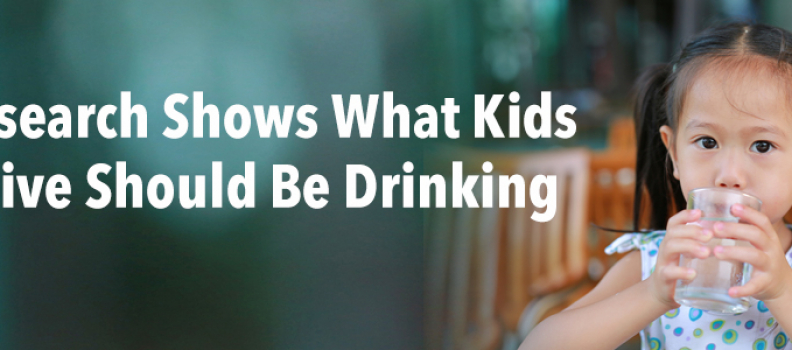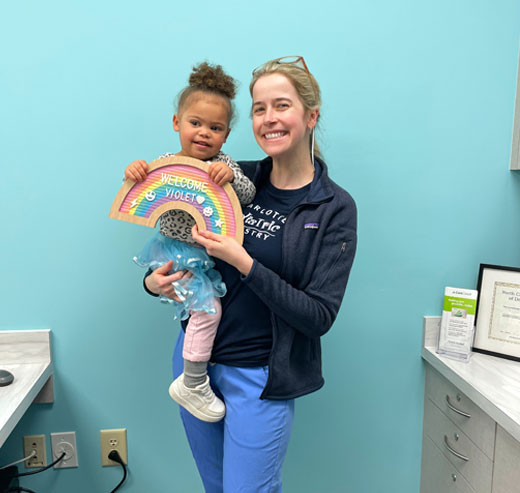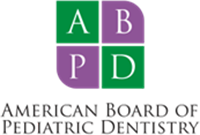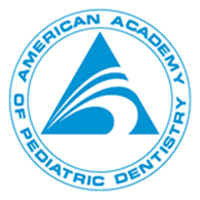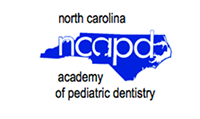A recent study done by the experts at the Academy of Nutrition and Dietetics (AND), the American Academy of Pediatric Dentistry (AAPD), the American Academy of Pediatrics (AAP), and the American Heart Association (AHA) explains the importance of choosing the right beverages for your child to establishing healthy dietary patterns in early childhood. Charlotte Pediatric Dentistry wants to help make the choices easier for you by explaining what drinks are best for your child under five to be drinking.
What to give your child to drink
Depending on your child’s age, certain beverages may not be recommended until later. You may not realize the impact each of these drinks make on your child’s dental health.
Plain drinking water
Babies six to 12 months can have up to eight ounces of water a day. Children one to five years of age require eight to 40 ounces of water each day. It’s impossible to say a certain number, as the need for water varies person to person, in different climates, levels of physical activity, and depending on other food and beverages consumed.
To help protect their smile, your child should be drinking plain, fluoridated water and rinsing after every meal. Fluoridated water strengthens teeth as they form and grow, as well as bolster tooth enamel. Rinsing with plain water after every meal removes food particles and bacteria to help prevent tooth decay.
Plain, pasteurized milk
Because babies zero to 12 months should be drinking breast milk or formula, it is not recommended to give them milk. Once a child is a year old, they should drink two to three cups of whole milk each day. At the age of two, children can be transitioned to a reduced fat or fat free milk.
Charlotte Pediatric Dentistry recommends giving your child milk to help maintain a healthy mouth. Milk and dairy products can help reduce tooth decay thanks to calcium, phosphorus, and casein proteins. Calcium and phosphorus are both minerals that strengthen and repair tooth enamel that has started to dissolve due to these acid attacks. Casein proteins conjoin to create a protective film on the enamel, which prevents your teeth from bringing on decay caused by common bacterial acids.
100 percent juice
Experts recommend not giving your child juice until after they are a year old. At this age, juice intake should be limited to four ounces per day. At four years old, children can have four to six ounces of 100 percent juice throughout the day. Panel experts suggest diluting the juice with plain drinking water.
Be careful when reading labels and ensure the juice you’re buying for your child is 100 percent fruit juice and has no added sugars. Sugary drinks can lead to tooth decay and cavities in your child’s teeth.
Talk with Charlotte Pediatric Dentistry
If you have any questions about what your child should be drinking or how to best take care of their teeth and mouth, please contact us. We’re dedicated to ensuring your child grows up with a healthy, happy smile.
